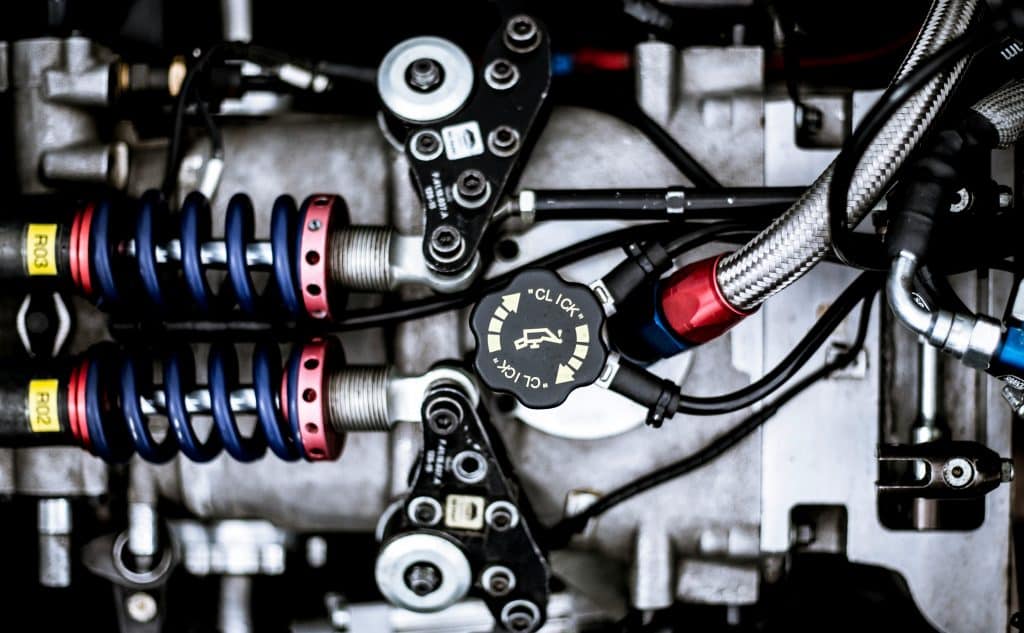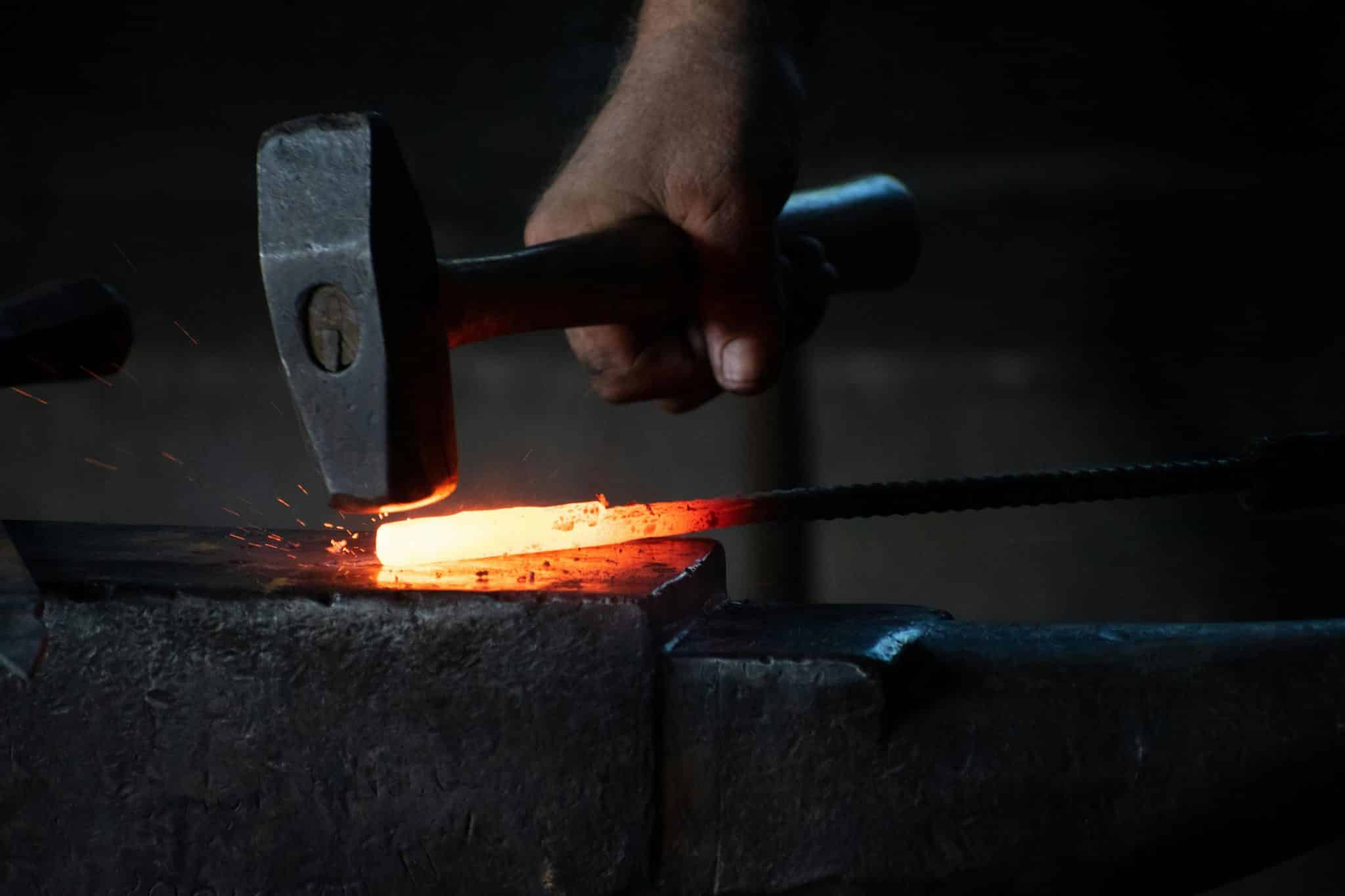What Is a Forged Engine?
A forged engine is an engine made from forged pieces of metal rather than cast pieces of metal. But what are the perks of forged engines? And what makes forged engine parts different from cast engine parts? In this blog, we breakdown what the key benefits to forged engines are and how they are made.
What Is Forging?
Forging is the process of shaping molten metal into desired shapes to form used in a variety of industries. This form of manufacturing involves shaping specific designs through heating and hammering. To start, a metal is heated to a high temperature and then is shaped using dies or hammers. Forging methods vary based on temperature — either hot or cold forging — and the techniques employed during the process.
How are forged engines made?
The journey of a forged engine part begins with a solid block of metal, typically steel or aluminum alloy. This metal block is preheated to a high temperature and then subjected to hammering or pressing under extreme pressure. The intense pressure deforms the metal into the desired shape, while the heat ensures that the metal becomes malleable enough to be shaped without cracking.
This process is meticulously controlled to align the metal's grain structure, which results in components that are not only stronger but also more durable. The alignment of the grain structure is a key factor in enhancing the mechanical properties of the forged part, ensuring it can withstand the high stress, temperature, and pressure conditions typically encountered in engine operation.

The history of forged engines
The history of forging dates back thousands of years, with its origins traced to ancient civilizations that used primitive forging techniques to create tools and weapons. The industrial revolution marked a significant advancement in forging technology, enabling the production of more complex and robust components.
In the context of engines, the shift to forged parts gained momentum in the early 20th century. As automotive and aerospace industries advanced, the demand for high-performance, reliable engine components grew. Forged crankshafts, connecting rods, and other critical parts became standard in high-stress applications due to their superior strength and fatigue resistance compared to cast parts.
Benefits of Forged engine parts
Strength and Durability: The forging process compacts the metal and aligns its grain structure, resulting in parts with superior mechanical properties. These parts can endure higher stress and harsher operating conditions, making them ideal for high-performance engines.
Weight and precision: Forging allows for precise control over the shaping process, resulting in parts with excellent dimensional accuracy and tight tolerances. Forged parts can be manufactured with thinner walls, reducing weight while maintaining strength. This lightweight nature contributes to improved engine performance and efficiency. The casting process meanwhile can result in slight variations in dimensions and tolerances, meaning additional machining might be required to achieve the desired specifications.
Cost-Effective: Due to the durability and strength of forged products, this can make them cost-effective. Although expensive initially, they do not cost as much in the long run.

Disadvantages of Forged engine parts
Forging does however also come with disadvantages:
- Expense: Forging can often be a more expensive process when compared with other methods – this is based on the specialist equipment and skills required for forging. It is not a quick or simple task!
- Time-consuming: forging required heating the metal before it can be shaped and worked to the desired shape. This makes it a lengthy process that must be done with control.
- Not suitable for everything: forging is great for creating and producing unique shapes and designs; however, unlike casting, it might struggle to produce pieces with exceptional, intricate levels of details.
Contact B. B. Price for forged parts
Whether you are looking for a detailed forged engine piece or a larger well designed product, B. B. Price have the forging expertise necessary to bring your imagined creations to life.
We have over 150 years of experience in the forging industry. We provide forging services ranging from hand forging, drop forging, upset forging within our forging processes, alongside galvanizing, pressings, and machining.
Whether you are looking for something unique or need a new supplier for your products, get in touch with B.B. Price today. We are always on hand to help answer your queries and ensure that your specifications are met first time, every time.
You can contact us online today or give our team a call.
We look forward to hearing from you soon!
